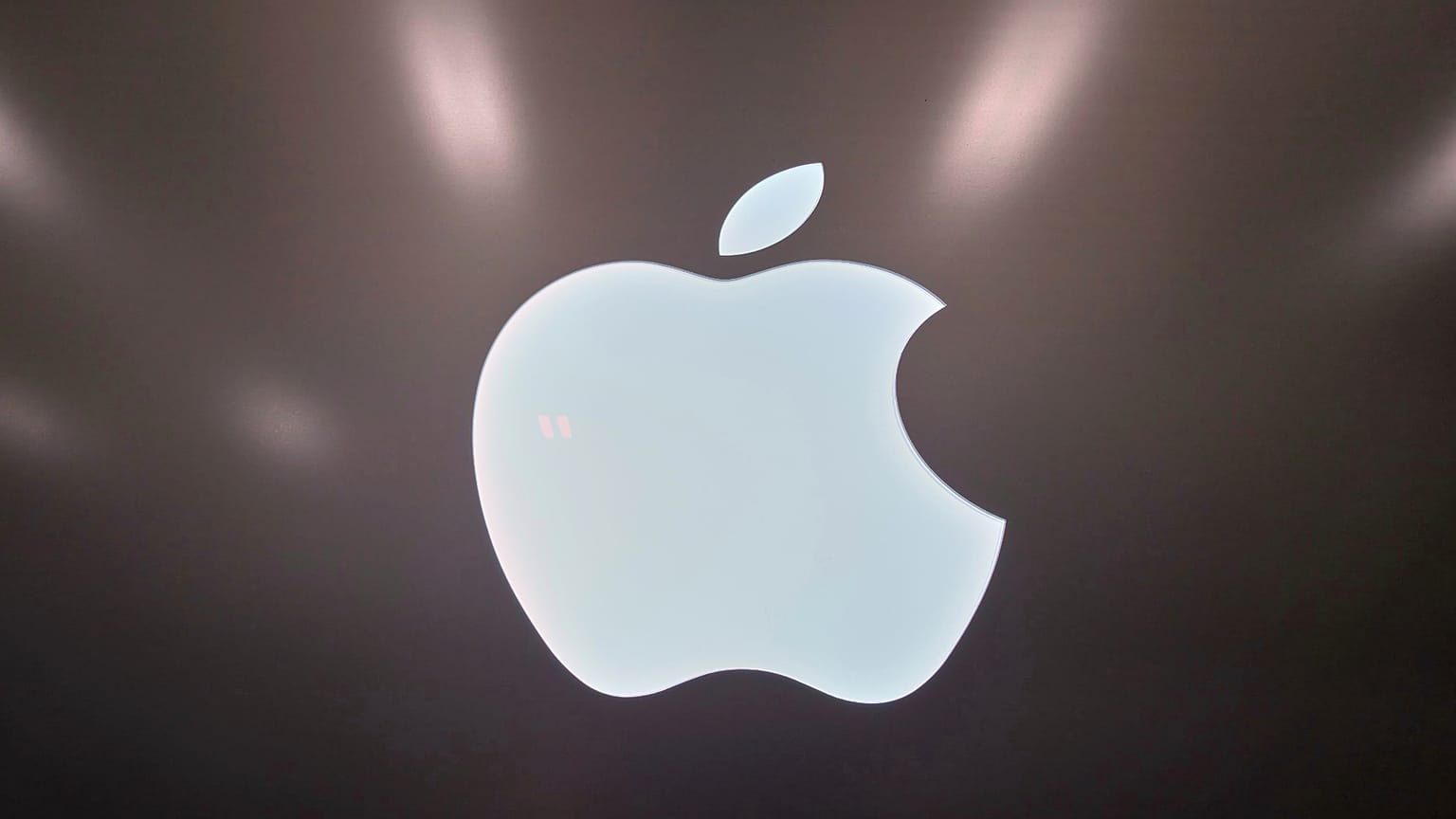A US official said the UK government will no longer ask Apple to provide it with a way to access encrypted user data.
The United Kingdom has backed down from its demand that Apple allow investigators to access data from users anywhere in the world, according to the top US intelligence official.
 ADVERTISEMENT
ADVERTISEMENT
 ADVERTISEMENT
ADVERTISEMENT
US Director of National Intelligence Tulsi Gabbard wrote on social media platform X that the UK had rescinded its request for the tech company to provide the government with a “back door” to access user data, which she said would have “enabled access to the protected encrypted data of American citizens and encroached on our civil liberties”.
The row began months ago, when the UK’s Home Office served Apple with a formal notice that required blanket access to encrypted data.
The notice, which the UK government has not made public, was first reported by The Washington Post.
But even Apple could not access this data without breaking its own encryption methods. In 2022, it introduced an Advanced Data Protection (ADP) feature that offers end-to-end encryption for photos, notes, and iCloud backup.
“We have never built a backdoor or master key to any of our products or services and we never will,” the company says.
In response to the UK demand, Apple withdrew ADP from the UK market in February and filed a legal challenge to the order. It’s not clear if that will continue.
Apple will share user data in certain cases. It says that in the UK, it could share personal information about its users – for example their name and phone number – if it determines that it is necessary for “national security, law enforcement, or other issues of public importance”.
In the United States, Apple says it could provide basic account information, for example a user’s email, contacts, and calendar, with “customer consent” or in response to a US search warrant issued with probable cause.

















